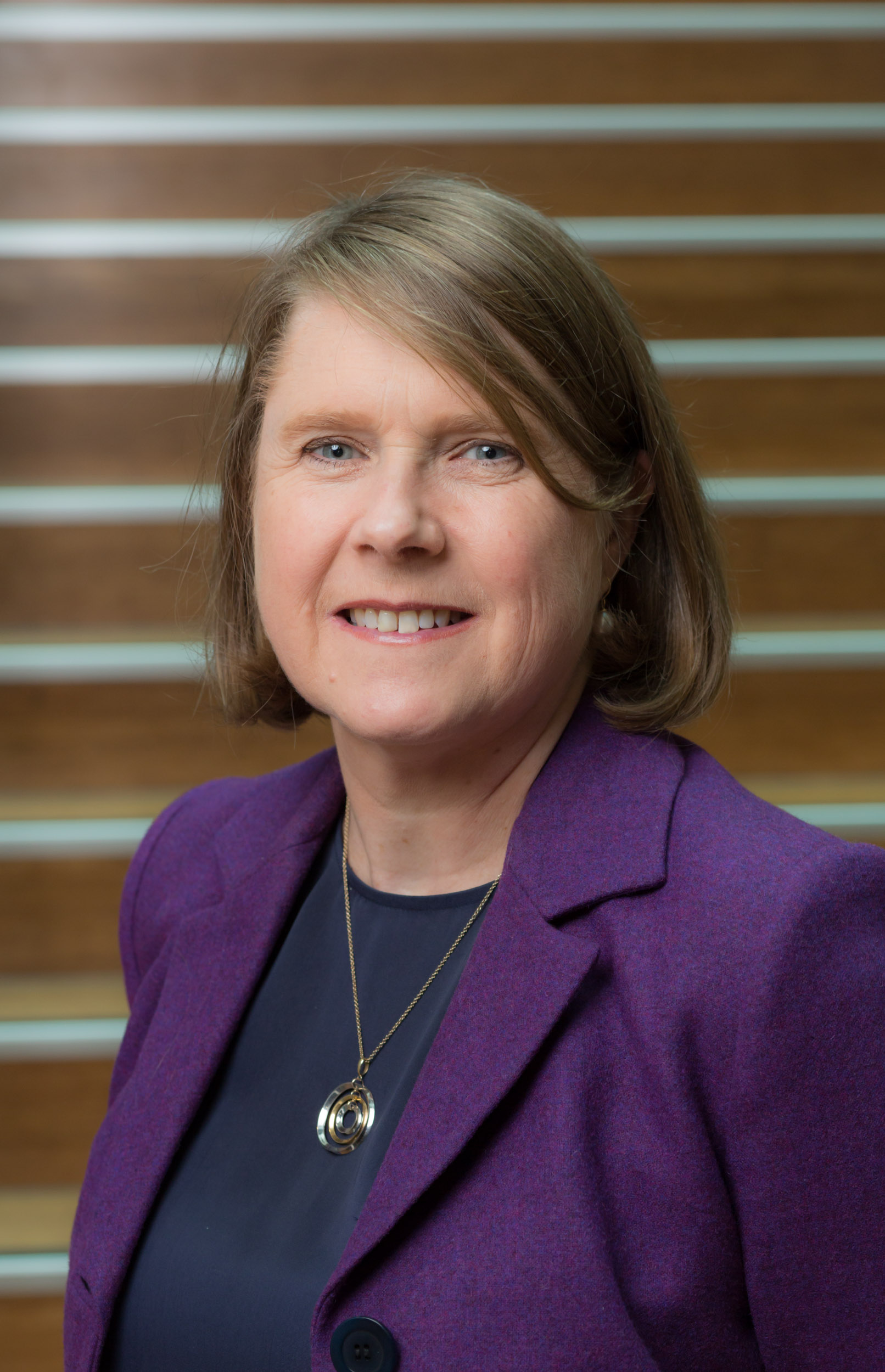Research empowering First Nations people with type 2 diabetes to improve their health and wellbeing and a falls education program will be fast-tracked thanks to a significant funding injection.
The two projects by Western Health researchers received almost $2 million from the Federal Government's Medical Research Future Fund (MRFF), which supports research into a range of health and medical issues that impact Australians.
Project to prevent falls among older people in hospital
Professor Cathy Said, the Associate Professor of Physiotherapy Western Health and the University of Melbourne said the falls project aims to reduce hospital falls by implementing an evidence-based patient prevention education program.
After receiving approximately $1.4 million from a MRFF grant, three health services will implement and evaluate the program, including Western Health. 
"Hospital falls are a major cause of serious injuries and deaths each year and it is a major priority to improve safety and enhance older people's health outcomes," A/Prof Said reports.
"Research has shown that providing older patients with falls prevention education alongside staff support reduces hospital falls and associated injuries."
Prof Said and Professor Bodil Rasmussen are chief investigators on the project and Bec Woltsche, our Assistant Director Nursing & Midwifery – Improving Care, is an Associate Investigator.
The project is being led by Professor Anne-Marie Hill from the University of Western Australia.
First Nations type 2 diabetes self-management research
Another innovative project, receiving almost $485,000 from a MRFF grant, will support a life-changing health research project on Guided Self-Determination (GSD).
Prof Rasmussen said the GSD approach is an evidence-based life-skill intervention program that involves shared decision making between people with ongoing health issues and trained health care practitioners.
 The research will involve co-designing a self-management program with Aboriginal and Torres Strait Islander peoples with type 2 diabetes.
The research will involve co-designing a self-management program with Aboriginal and Torres Strait Islander peoples with type 2 diabetes.
"We will develop a culturally tailored version of the GSD program for and with Aboriginal and Torres Strait Islander peoples living with type 2 diabetes and evaluate the effectiveness of the program from the point of view of people living with the chronic disease and their health care practitioners," Prof Rasmussen said.
Prof Rasmussen and Research Fellow in Aboriginal Health, Tanya Druce will lead the project.
"Type 2 diabetes is a chronic health condition that is three to four times more prevalent in Aboriginal and Torres Strait Islander peoples than in the non-Indigenous population," Ms Druce said.
"Our research program empowers community to have a greater voice in their health care.
"The project supports self-determination in diabetes care to enhance quality of life and health outcomes." 
The project is a three-year collaboration between WH, Deakin University, Victorian Aboriginal Health Service (VAHS), Victorian Aboriginal Community Controlled Organisations (VACCHO) and Diabetes Australia.
Other Western Health researchers working on this project include: Associate Professor Peter Hamblin, Dr Dev Kevat, Associate Professor Deb Kerr and Ms Ashleigh Vandenberg. The research is sponsored by Professor Shane Crowe, Executive Director of Nursing and Midwifery and Adjunct Professor at Deakin University.
Read the media announcement and see the full list of MRFF projects funded here.
*Pictured above (from top to bottom) Associate Professor Cathy Said, Professor Bodil Rasmussen and Ms Tanya Druce.
